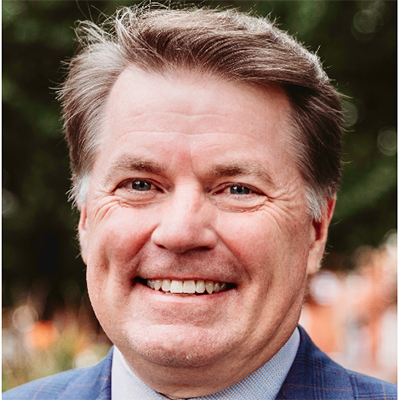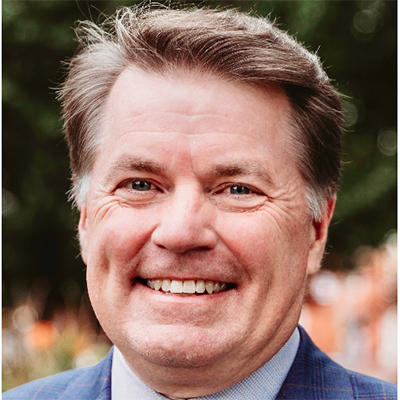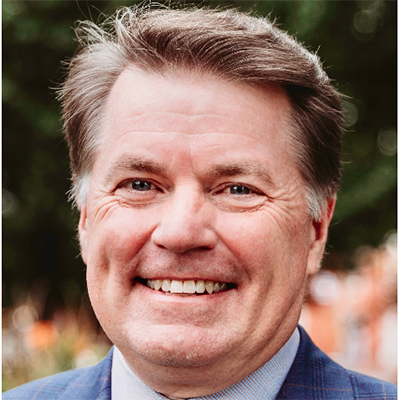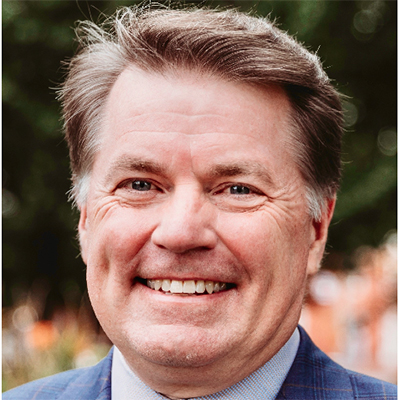
Videos & Webinars
Strategic Shorts: Building Institutional Capacity through Student Readiness
By implementing targeted programs and support systems, institutions can better equip students for academic challenges, thereby strengthening overall institutional effectiveness.

Podcast
Ep. 90 Rethinking ministry formation: Diaconal studies and the future of theological education
Could theological schools be missing a vital piece of ministry formation? Dr. Darryl Stephens joins the podcast to explore diaconal studies — a growing movement that prepares deacons for ministry beyond the pulpit and into the community. With insights from global models and a new open-access volume featuring 21 authors, Stephens invites schools to broaden their mission, extend their reach, and equip more leaders for today’s multifaceted church.

Videos & Webinars
Strategic Shorts: Building Institutional Capacity by Involving Faculty and Staff in Change
Strategies for engaging faculty and staff in institutional change to enhance organizational capacity.

Videos & Webinars
Strategic Shorts: Turning Capacity Building into Compelling Grant Proposals
Pursuing large-scale grants that advance the mission and drive transformation.

Podcast
Ep. 89 - Rooted and Ready: Strengthening Theological Schools Amid Regulatory Upheaval
In a time of political shifts and regulatory uncertainty, the Good Governance podcast dives into how theological school leaders can respond with clarity and authenticity. Governance expert the Rev. Dr. David Rowe and law professor Peter Lake, a higher education policy expert, discuss navigating potential changes to federal education policy, including impacts on Title IV, Title IX, and accreditation. They offer practical guidance for boards and presidents — emphasizing mission alignment, shared governance, and measured leadership. This episode is essential listening for those guiding faith-based institutions through complex and fast-changing landscapes.

Videos & Webinars
Strategic Shorts: Building Institutional Capacity by Repurposing Property & Facilities
Four key strategies for turning underused facilities and undervalued property into mission-sustaining resources

Videos & Webinars
Building Institutional Capacity through Market Research
Data-driven strategies can strengthen theological schools.

Podcast
Ep. 88 - A shared future: Rethinking seminary administration
As theological schools consider how to prepare for the future, a Pathways for Tomorrow Initiative grant is offering institutions an opportunity for shared services. AdminWise Shared Services, a nonprofit started out of a Lilly Endowment grant, is now offering a slate of administrative functions to help theological schools.

Podcast
Ep. 86: Cultivating generosity in givers and theological education
Dr. Rebekah Burch Basinger sees fundraising as a vital ministry that can shape faith and fuel the work of theological education. An expert in fundraising, Basinger revisits her book "Growing Givers' Hearts" on its 25th anniversary and explores the power of generosity, breaking the scarcity mindset and embracing God’s abundance. She shares insights from her research, offering practical wisdom for boards, presidents, and leaders to treat fundraising as an expression of faith. Learn how theological schools can inspire donors, strengthen financial health, and model a spirit of generosity that transforms future church leaders.

Core Essential 4-Balanced Budgets Fundraising Goals
Budget balancing is a challenging process that requires oversight.

Podcast
Ep. 85 - The State of Theological Education in 2025
Theological schools across North America are at a pivotal moment. In this episode, Rev. Frank Yamada, Ph.D., executive director of the Association of Theological Schools, and Amy Kardash, president of the In Trust Center for Theological Schools, discuss both the challenges and opportunities shaping the future of theological education.

Podcast
Ep. 84 - Engaging innovation and AI in theological education
Acadia Divinity College in Canada has been experimenting with AI and exploring the future of theological education and the church. The Rev. Anna Robbins, Ph.D., discusses what the school has done (including offering an AI-developed class) and describes AI's moment in history as akin to the printing press because of its transformative nature. She considers the mission of theological schools, the accessibility of AI, and how schools might preserve human connection and formation.